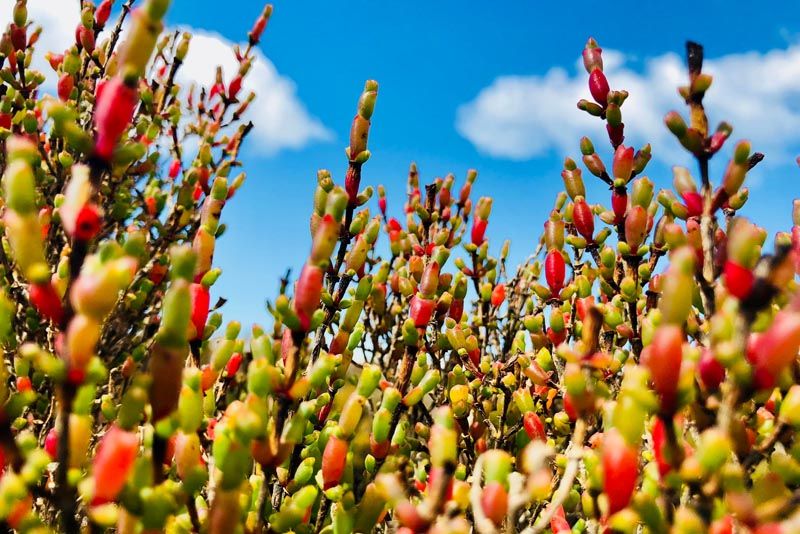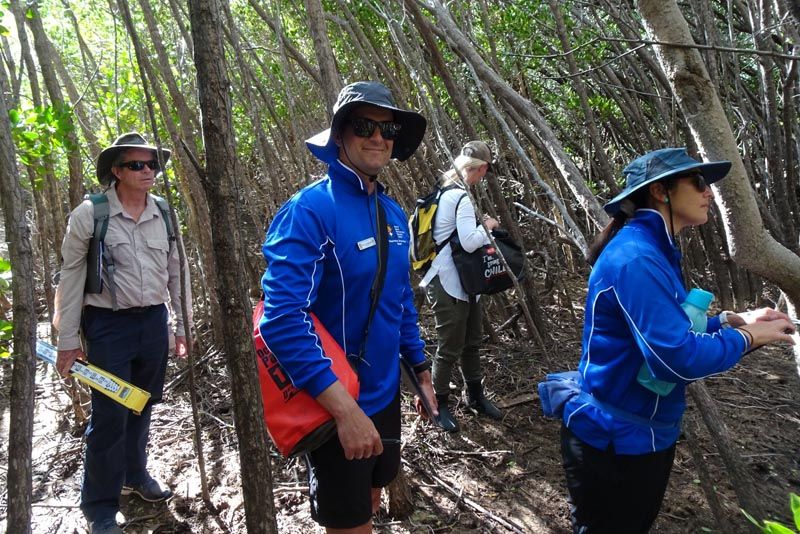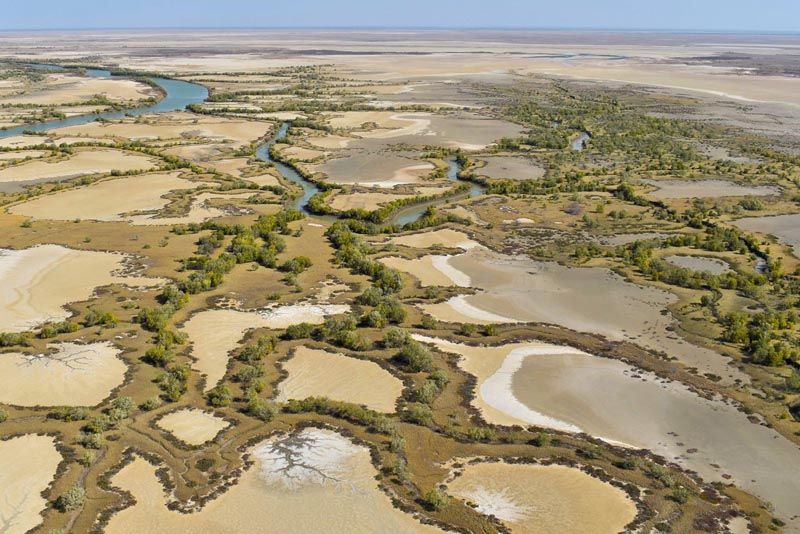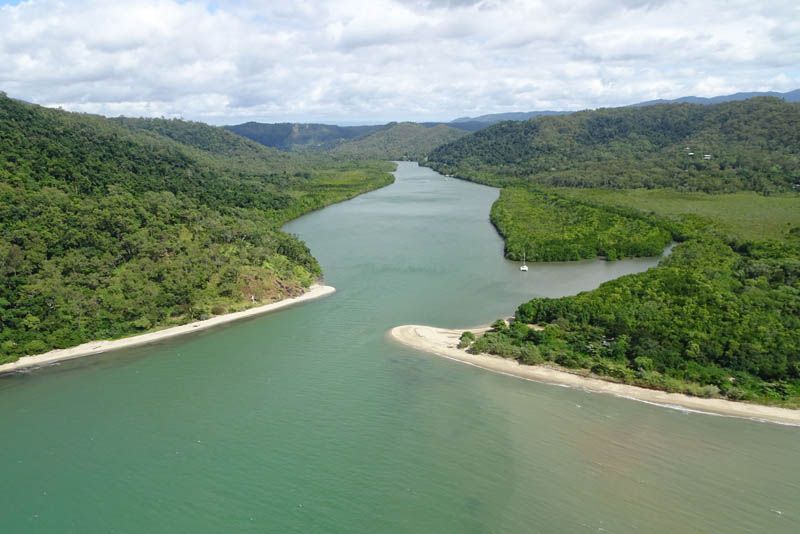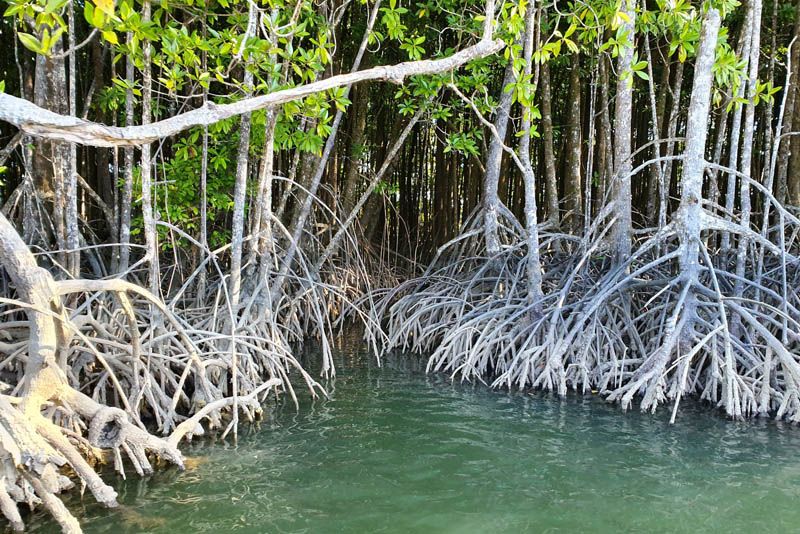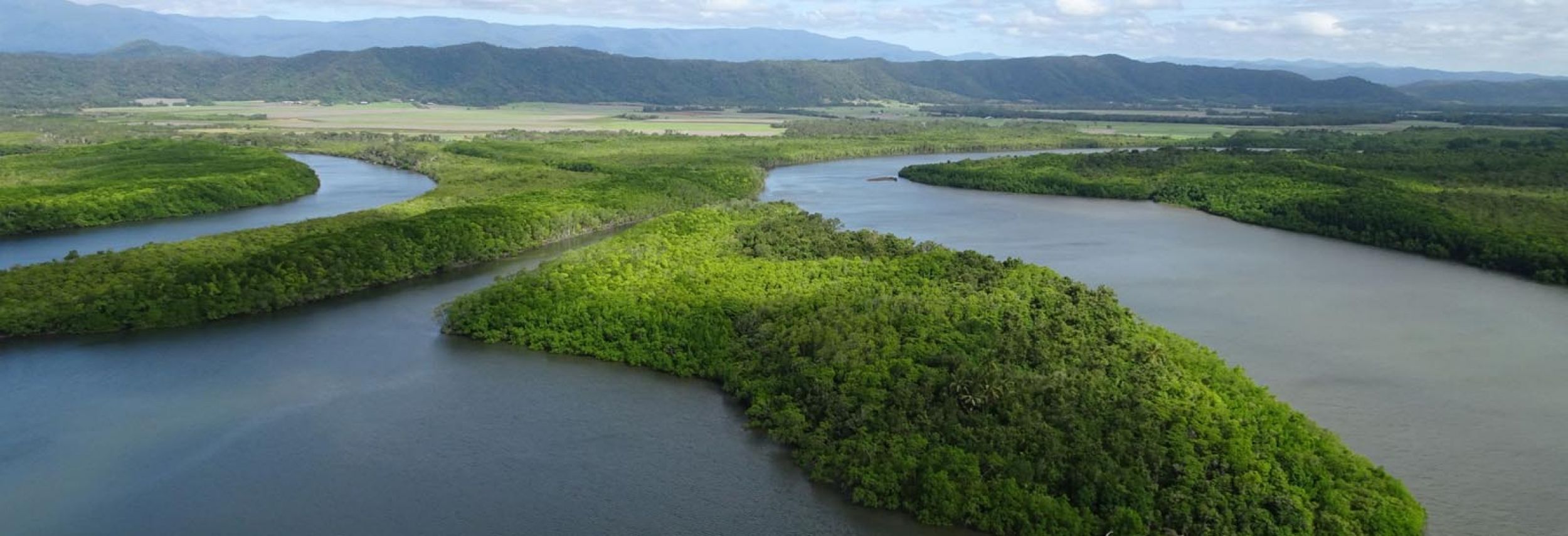
Wetlands & Reefs
Why Does it Matter
Wetlands and reefs are of critical importance to the environment in Australia, providing a range of ecological, economic, and social benefits. In Australia, wetlands are found in various forms, including marshes, swamps, billabongs, and floodplains, and cover approximately 6% of the continent's landmass. Wetlands in Australia are vital for water regulation, acting as natural filters that remove pollutants and nutrients, and playing a key role in water storage and flood control. They are also critical habitats for a range of bird species, including migratory birds, and support many fish and aquatic species. Australian wetlands also have significant cultural and spiritual importance to Indigenous communities, who have been managing them sustainably for thousands of years.
Similarly, reefs are essential to the Australian marine environment, with the Great Barrier Reef being the world's largest coral reef system, covering an area of approximately 344,000 square kilometers. The reef provides a unique habitat for a diverse range of marine species, including over 1,500 fish species, six of the world's seven species of marine turtle, and a range of sharks, rays, and dolphins. The reef also plays an important role in protecting the Australian coastline from storm surges and provides a range of ecosystem services, such as carbon sequestration and nutrient cycling. The Great Barrier Reef supports a vibrant tourism industry, providing employment opportunities and contributing to the economy of Queensland. However, the reef is under threat from climate change, pollution, and overfishing, and it is critical that we work to protect it for future generations.
How is Earthwatch Making a Difference?
Mangroves, Tidal Wetlands, and Saltmarsh
Earthwatch partners with MangroveWatch and wetlands researchers across Australia and New Zealand, building the capacity of citizen scientists and Indigenous Rangers to monitor the condition and health of wetlands and translate that knowledge to protect these unique ecosystems.
Our research also fills the knowledge gaps – nationally and internationally – about blue carbon and the forest dynamics of this habitat that contributes to its function as a powerhouse among nature’s carbon sinks for nature-based solutions to climate change.
Blue Carbon
Blue Carbon is the name given to the carbon stored in coastal wetland ecosystems.
It also describes the critical ecosystem service that environmental markets want to see developed into carbon abatement projects, where organisations offset their carbon emissions by paying land managers (via a credit scheme) to protect and enhance these habitats.
Tidal wetlands and saltmarsh sequester up to four times more carbon than terrestrial forests and for longer, as the carbon is stored in both the plant and below the ground, trapping carbon away for hundreds of years.
Saltmarsh Savers
Saltmarsh Savers is a community-led citizen science program that brings together local knowledge and monitoring data to track saltmarsh condition, values, and threats across northern Australia. Explore the Saltmarsh Dashboard to see where change is happening and get involved in supporting the protection and restoration of these vital coastal ecosystems.
Get involved
You can get involved through our many projects aimed at conserving key areas and furthering research.

COMMUNITY EVENTS
MangroveWatch community events
Join our MangroveWatch Community Events in Mackay and Townsville. Participate in educational community events and hands-on citizen science.
Register your attendance to our upcoming community events today.
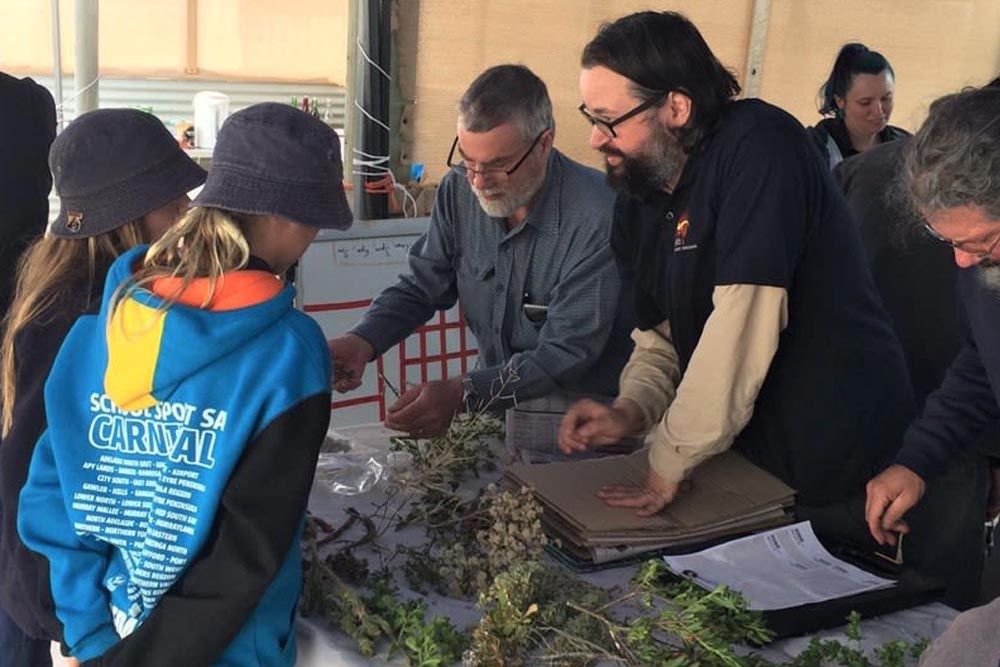
STUDENT CHALLENGE
Protecting the Reefs Coastal Frontier
The Earthwatch Student Challenge is a once in a lifetime opportunity for a select number of Year 10 - 12 students to experience environmental research first hand. In this Challenge, students help researchers understand how mangrove forests respond to severe flood events and develop strategies to protect and enhance these coastal habitats into the future.

WETLAND WARRIORS
Wetland Warriors
Join our Wetland Warriors in Townsville. Participate in educational community events and hands-on citizen science.
Register your attendance to our upcoming community events today.

MANGROVEWATCH
MangroveWatch Resources
Practical tools and resources to support community-led coastal wetland care, developed with partners and MangroveWatch for Traditional Custodians, local groups, and anyone protecting mangroves, saltmarshes, and other coastal ecosystems.


